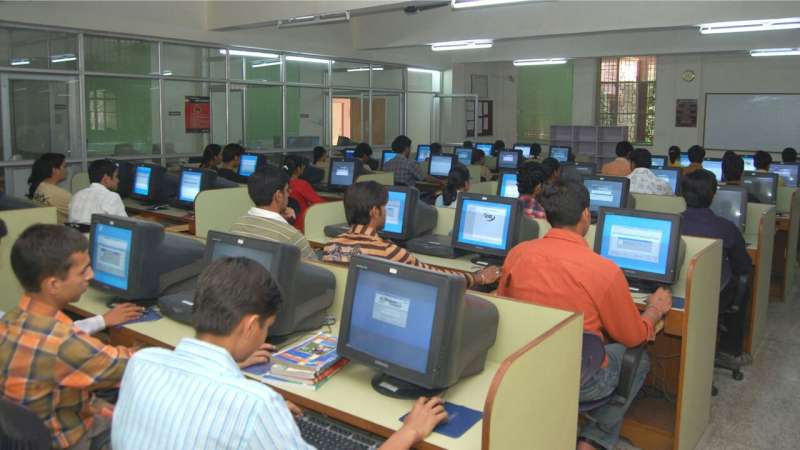This article has been reviewed according to Science X's editorial process and policies. Editors have highlighted the following attributes while ensuring the content's credibility:
fact-checked
trusted source
proofread
No soft skills training spells missed opportunity for many organizations

New research from Wiley suggests soft skills training can positively impact job performance and retention, but many organizations are missing out on its advantages.
According to the latest Wiley Workplace Intelligence report, "Soft Skills, Big Impact: Elevating Workplace Satisfaction," nearly three-fourths (74%) of individuals surveyed said their organization offers professional development for their employees but only around a third (35%) said it offers soft skills training. In fact, just half (49%) reported that their employer offers opportunities for learning and development outside of mandatory training.
The findings suggest soft skills training is valued by employees and helpful to their work. Nearly two-thirds (63%) of those who received soft skills training say it positively impacted their performance.
Overall, 48% of those surveyed shared that their training positively impacted their professional growth. Training can also impact retention, as individual contributors and managers were most likely to say that access to professional development opportunities was one of their top three reasons for leaving their prior company.
"Soft skills are crucial for fostering effective communication, collaboration, and adaptability in the workplace," said Dr. Mark Scullard, senior director of product innovation at Wiley. "Organizations that neglect to invest in these areas could hinder employee growth, diminish team dynamics, and potentially limit the organization's ability to thrive in an ever-changing business landscape."
Soft skills, which are also known as interpersonal skills, cover areas such as communication, listening, empathy, teamwork, creativity, problem-solving, and leadership, among others.
Respondents said their soft skills training is delivered through a variety of methods, including in-person (28%), virtual with an instructor (20%), virtual self-directed (20%), and, most frequently, a hybrid of in-person and virtual (30%). In-person training was rated most highly by respondents.
While many employees have access to learning and development opportunities, the research suggests they are spending little time on such training. The majority (60%) of those surveyed say they spend two hours or less per month on professional development.
The data in this report are based on surveys completed by 2,070 individuals in North America. Respondents work in a variety of roles across a range of industries, with 56% having direct reports and 36% being individual contributors.
Provided by Wiley



















